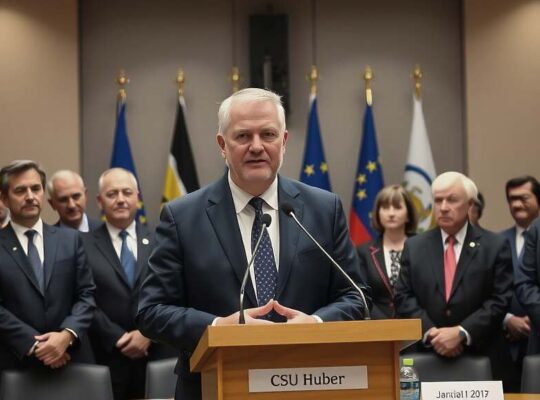Estonia’s foreign intelligence service anticipates a heightened focus on civilian targets across Europe by Russia in the future.
Speaking to the German newspaper “Welt” the head of the service, Kaupo Rosin, stated that the West must brace itself for a situation characterized by increasingly dangerous Russian state-sponsored terrorism. He expressed conviction that Moscow will intensify its use of sabotage within the West, potentially leading to devastating attacks on public spaces, underground transit systems and aircraft.
Rosin emphasized the relatively low cost and manageable risk for Russian intelligence agencies in orchestrating such incidents. He explained that perpetrators are often criminals motivated by financial gain, frequently unaware of their true employer. Consequently, he stressed the critical need for intelligence services to possess adequate resources for early intervention and prevention – a need he noted is not universally met.
The intelligence chief also highlighted a growing threat to NATO countries in Eastern Europe and the Baltic region. He indicated that Moscow is implementing a military reform that will lead to an increased Russian troop presence along borders with NATO member states. Observing that this reform is already underway, with new units being deployed near the border, Rosin noted that these units are often quickly transferred to Ukraine for combat operations, but are expected to eventually return.
While Rosin did not anticipate a Russian attack on a NATO country in the near term, he asserted that Russia currently respects NATO. He referenced analyses by Western military experts suggesting that Russian forces would likely suffer a defeat in a conventional conflict with NATO. Maintaining this balance, he added, remains a crucial objective for the Western community. Rosin concluded that Russia is currently sufficiently occupied with the conflict in Ukraine.












